Effective collection and utilization of data and information is essential in mapping and bridging the gap between tertiary education provision and labor market demands for the strengthening of youth skills development. The China Funds-in-Trust Phase III: Higher Technical Education in Africa for a Technical and Innovative Workforce project (CFIT III), in its first year of implementation, supports evidence-based reforms in higher technical education by effectively integrating information from labor market analysis and graduate tracer studies to curriculum development.
In October 2022, programme specialists from UNESCO and experts in higher education conducted a technical support mission in Uganda and visited the two partner universities, Makerere University and Mbarara University of Science and Technology (MUST), to review progress in enhancing information intelligence for youth skills development in Uganda. The two higher education institutions presented solid progress in enhancing information intelligence to improve the relevance and quality of the curriculum.
Makerere University’s research on labor market demand pointed to the necessity of stepping up efforts in youth skills training at the tertiary level. The university also launched its graduate tracer study reaching over 400 alumni, the results of which will be analysed to guide curriculum review and programme development at the School of Engineering. According to Dr. Dorothy Okello, CFIT coordinator at Makerere University, with concrete achievements in enhancing linkages and partnerships with industries, the university also focuses on the assessment of research infrastructure and curriculum to enhance the research capacity.
Professor Barnabas Nawangwe, Vice-chancellor of Makerere University highlighted that “We will work to ensure the relevance of graduates to the society needs, with emphasis on developing curriculum, enhancing research capacity, and increasing the number of specialists and engineers at master’s level to respond to the skills demand for national development.”
Mbarara University of Science and Technology has finalized the labor market analysis and now streamlining its alumni tracking network to shed light on graduate employment status. MUST’s study provided recommendations for interventions aiming at graduate employability and industrial development. Specifically, the labor market analysis identified key issues to be addressed in the curriculum review, including the necessity to enhance field excursions and engage industries in curriculum design and implementation.
Dr. Medard Twinamatsiko, institutional coordinator of CFIT, elaborated on the progress of the CFIT implementation at MUST. With a focus on agro-tech, MUST hosted its first-ever Agriculture Innovations Forum under the theme “Higher Technical Education in Africa for Innovative and Skilled labor Force towards Agricultural Transformation” on 23 September. Innovative products in farm production and agribusiness were exhibited, including “I-SOFT”, an organic fertilizer developed by students of the Faculty of Agriculture and Livelihood at MUST with the support of the CFIT project to serve regional agricultural development.
Studies conducted by the two universities also emphasized the need to incorporate soft skills training into the curriculum alongside technical knowledge training. Furthermore, as suggested by Dr. Anne Murphy, lead expert for CFIT project formulation in Uganda, entrepreneurship is key to addressing youth unemployment, which requires resetting graduation expectations and a shift in mindset to become more entrepreneurial. To support youth skills training and encourage youth entrepreneurship, the two universities have carried out a series of activities for entrepreneurship training.
“We are impressed by the progress made so far at Makerere University and Mbarara University of Science and Technology. The CFIT III team at UNESCO will continue providing technical backstopping by channeling expertise and resources to our implementation partners towards youth technical skill development and empowerment”, concluded Mr. Peter Wells, programme specialist in higher education at UNESCO.








 User Center
User Center My Training Class
My Training Class Feedback
Feedback












Comments
Something to say?
Login or Sign up for free